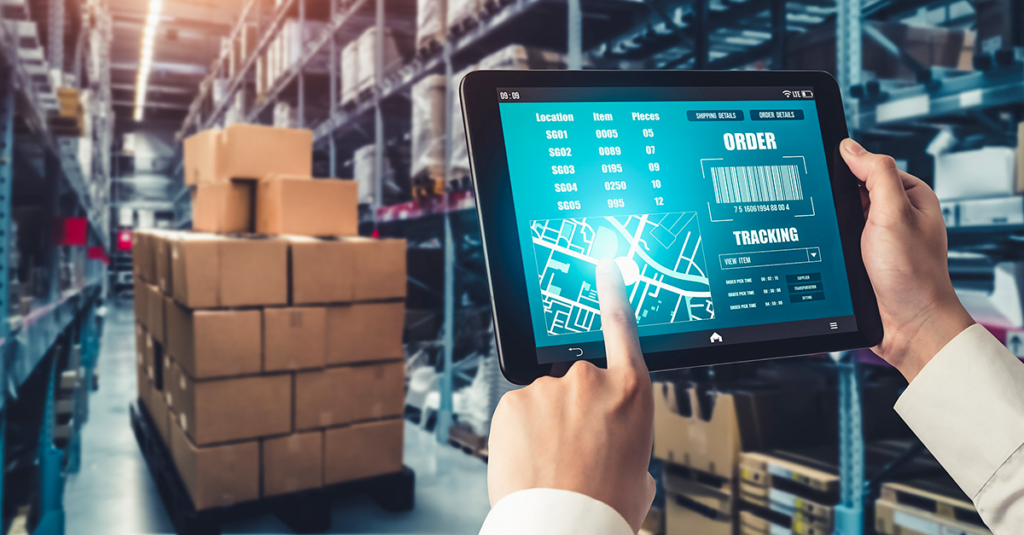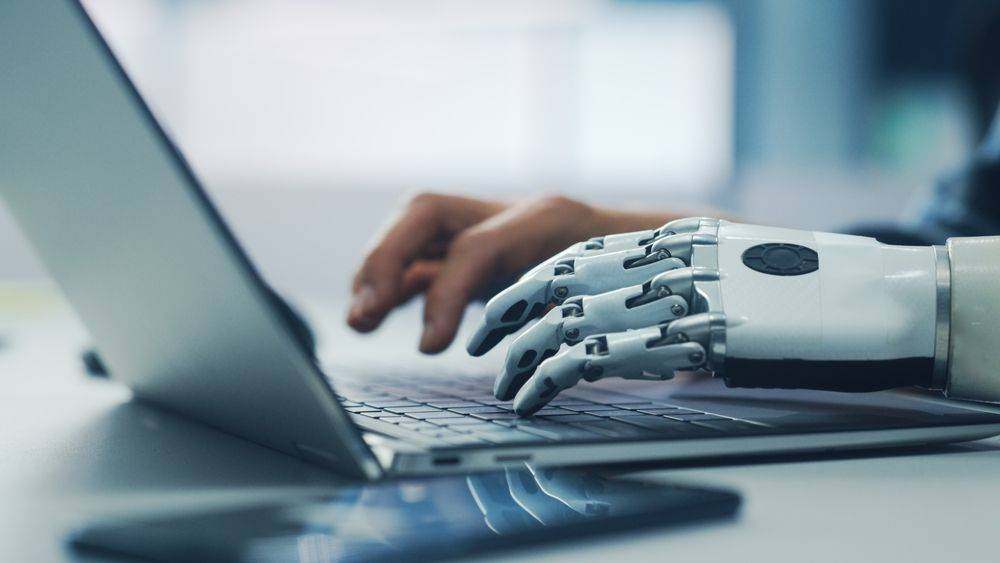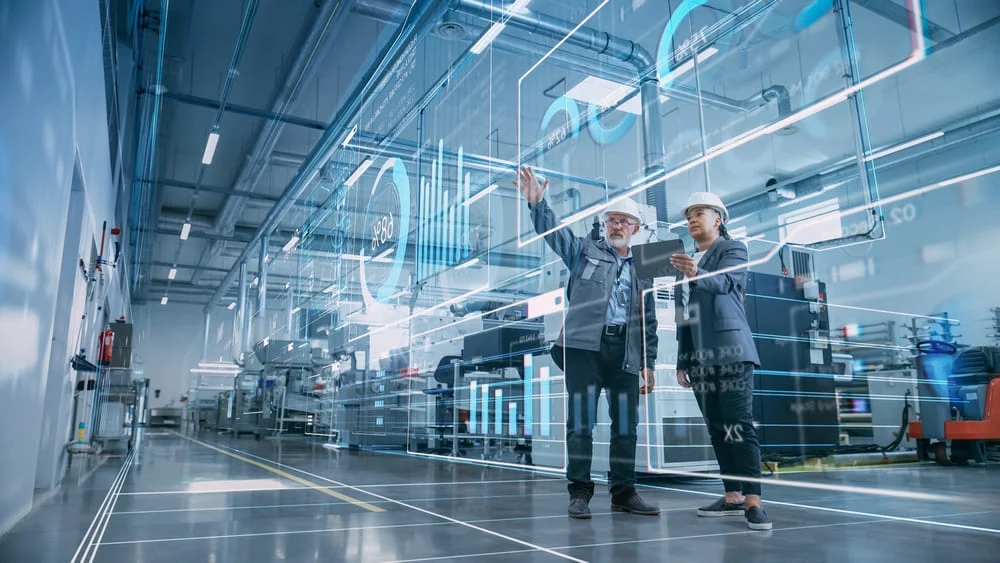AI is the more powerful enhancement of technology that levels up the working abilities in a unified way, making it more reliable and flexible for boosting your regards.
AI In Business:
AI plays a crucial role and is conducted among businesses that have developed complex networking systems dedicated to processing orders, managing inventories, and handling payments.
The Manufacturing Effects Of AI:
Inventory Management:
Integration of AI helps the business to improve their productivity, creativity, and adjustability. ERP software of AI generated fulfills the requirements of optimizing manufactures’ tracking data in a peaceful aspect, identifying the interactions of the consumers so companies can easily implement their supply and demand prospects.

Quality Control:
Integration of technology in terms of AI implements your bugs and errors more effectively than a human. It can find out the defects and anomalies that can harm your system and make it harder to work properly, reducing the risk of product growing and recalling the overall quality of your business to grow in a beneficial environment. It also gives ideas to make your business malleable and fast-growing.
Pricing Optimization:
Manufacturers, in their decision-making process, take advantage of the deep learning capabilities of AI. It can easily optimize your pricing list with the implementation of product selling, demanding enhancement, and extension. AI generates your sales and sets a fixed price for your product by observing the historical data, customer demands, market trends, and customer requirements without affecting your sales. AI perceives customers’ reactions and tries to approach the ways for customer satisfaction by its goods of decisions.
Demands Forecasting:
In accordance with finding the customer’s needs or requirements that are geographically exceeded by the seasonal affordability and trends, AI is to resolve the manner. It learns the historical data and their needs for or demands by its deep learning action, then furnishes the methods to extend the goods to them. It may have great advancements in considering the acceptance of the customer’s necessity according to their forecasting.
For example:
Within a city with winter weather, there is a shortage of warm clothing, but dedicated jackets factory exists in other cities with hot weather. Here, we need the forecasted demanding product sales and requirements.

Supply Chain Management
When we go behind, from time to time, the suppliers face difficulties in managing their supplies, and disruptions are serious problems and take much time. It decreased the productivity of organizations and cost issues were faced. AI-powered ERP software optimizes the supply chain management system and enhances productivity, implements obstacles, classifies the supply times, boosts the transportation routes, refines the expenses, and increases customers’ contentment.
AI recognizes the demanding quality and quantity of the products, expanding the revenue and also increasing the sustainability of supply transportation. It provides an innovative factor to a business.
Predictive Maintenance Scheduling:
It is essential to manage the scheduling of the maintenance requirements of machines and equipment to implement reduced repair costs and extend the life of the system in a proper manner.
AI helps to predict the system lifeline reducing the effect of failure until a big break occurs.
Moreover, AI informs before an error occurs in the system and takes action to implement or resolve it. It acts like a safeguarding agent and protects the system from a big blast. Moreover, AI can suppose innovation, reliability, and flexibility with data-driven decision-making.
Shortage of Labor:
As per research, a machine can do more tasks and take the place of more than 50 employees in specific manners. It is able to perform operations more quickly than humans in many consistent roles. The machine can efficiently optimize the workload in the arm of robotics, which is a repetitive and physical approach to doing the task. AI is then able to carry out the mass production of manufacturers. Its autonomous machine vision can properly identify the defects and errors in product making.

Labor Management:
AI machine vision can enhance the scheduling of time management and costing prospects of the labor or employees of a particular company. AI enables the training needs of laborers; the machine records the proper Manufacturing and expensing budgets of the company and makes it reliable to be recovered.
Autonomous Manufacturing:
AI-powered robotics are said to be the right hand for humans, making their tasks easier and improving the quality of work. They can perform operations like order placing, handling complexity, error detection, problem-solving, and decision-making. Still, it is also designed to accomplish the distribution of work between humans and machines. AI algorithm analyzes for shipping goods within the warehouses. Robotics collaborate with human operators to execute intelligence and efforts to enhance the quality of new consistency.
Realtime Analytics:
The analytical solution of AI-powered ERP software offers the key completion such as costly product path of inventory and quality assets optimize manufacturers to make data-driven decisions and discover ideas to make ways for development.
AI identifies the patterns, images, voiceovers, programs, and machine languages set up by humans.
WrapUp!
Summing it up, Artificial Intelligence (AI) is an effective technology that unifies commercial operations, increasing their dependability and flexibility. By using data analysis, deep learning, and customer insights, artificial intelligence (AI) may assist manufacturers in improving their quality control, pricing optimization, inventory management, and demand forecasting. It can also lower the likelihood of mistakes and flaws while increasing a company’s productivity, inventiveness, and adaptability. Moreover, AI is a partner for innovation and expansion in addition to being a tool for automation.


